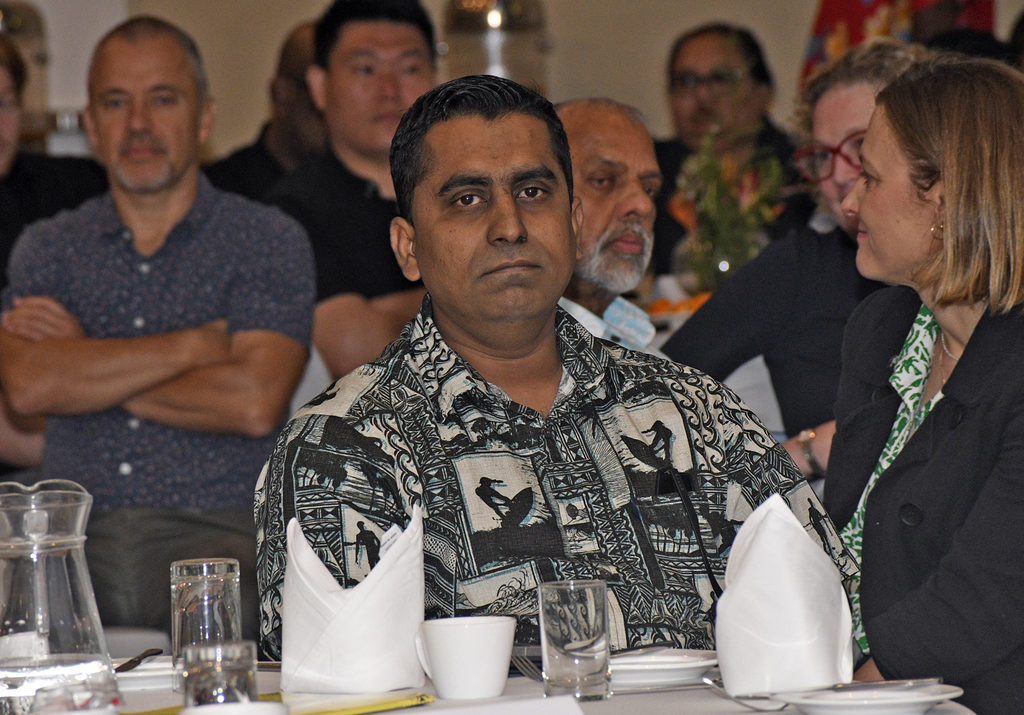Export Income Deduction (EID) remains the only unresolved issue preventing Fiji’s removal from the European Union’s tax blacklist.
According to the permanent secretary for Finance Shiri Gounder, significant progress had been made on EU compliance requirements over the past two years, including improvements in tax transparency and global cooperation.
However, he said the EID continued to be viewed as a harmful tax practice.
“EID remains the only sort of controversial issue that’s keeping us on the blacklist,” Mr Gounder said while speaking at a post-budget business breakfast in Suva on Saturday.
“We are having the review with the EU in the next four to six months and with the current circumstances and the situation as we have laid out, we are very confident that we should get out of the blacklist.”
He said the EID is still in place for the 2025 tax year, but no announcement has yet been made regarding its renewal or removal for 2026.
“We haven’t made an explicit announcement on whether it’s been renewed for 2026 or whether it’s been removed.”
Mr Gounder noted that since the EID’s introduction in 2012, Fiji has faced ongoing scrutiny over the scheme from both the World Trade Organization (WTO) and the EU.
In recent years, Fiji has undertaken several reforms to align with international tax standards, including joining the OECD’s Base Erosion and Profit Shifting (BEPS) framework and, more recently, committing to the Multilateral Convention (MEC).
“The first objective is for us to, in the next six months, get out of the EU blacklist because it’s causing a bit of reputational issues,” said Mr Gounder.
“Every time we have discussions with some of our key multilateral partners, like the IMF, World Bank, ADB, or other projects, this comes out as an issue for us.”
He said the Government would assess the future of the EID after an upcoming EU review.
Depending on the outcome, a revised form of support for exporters that aligns with EU and WTO rules may be introduced.
“For the comfort of the business sector, it’s currently there for next year 2025.”



